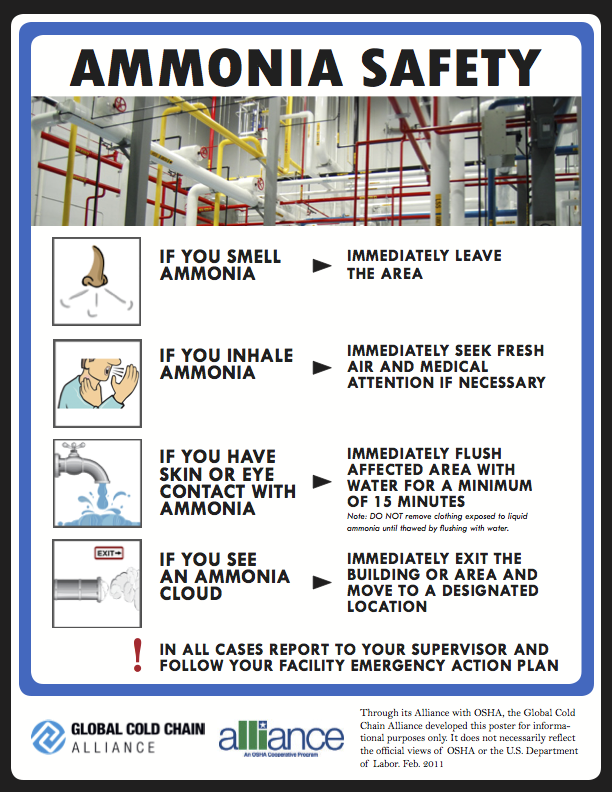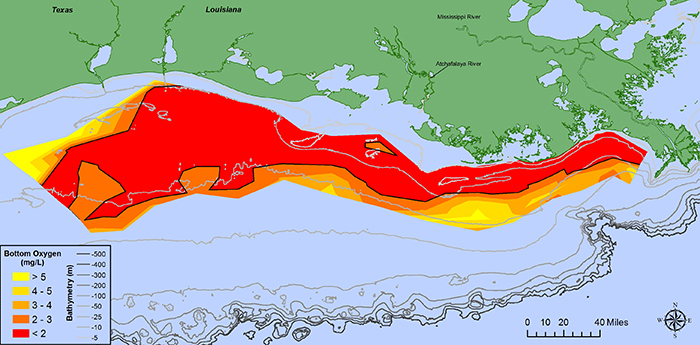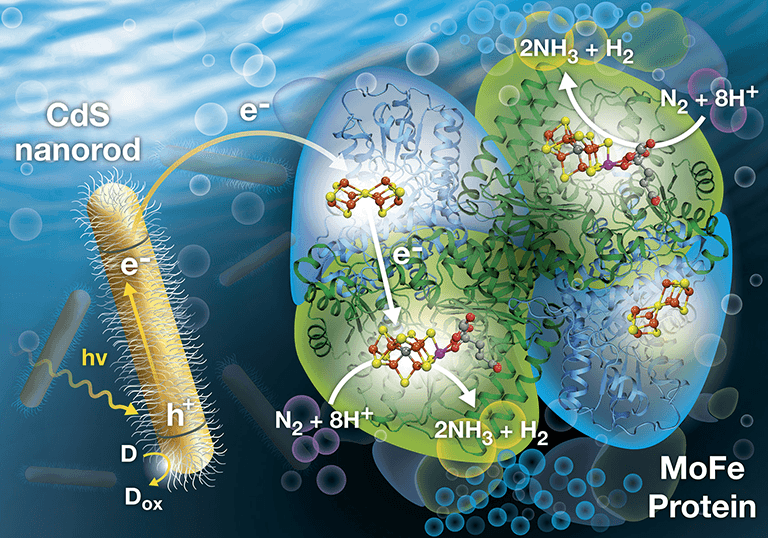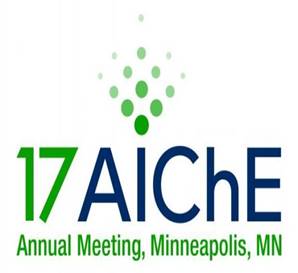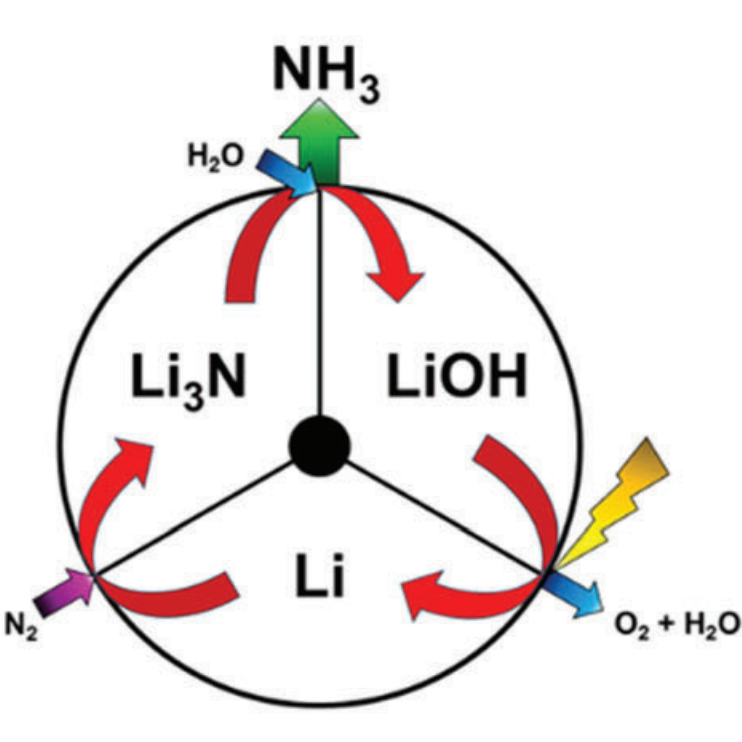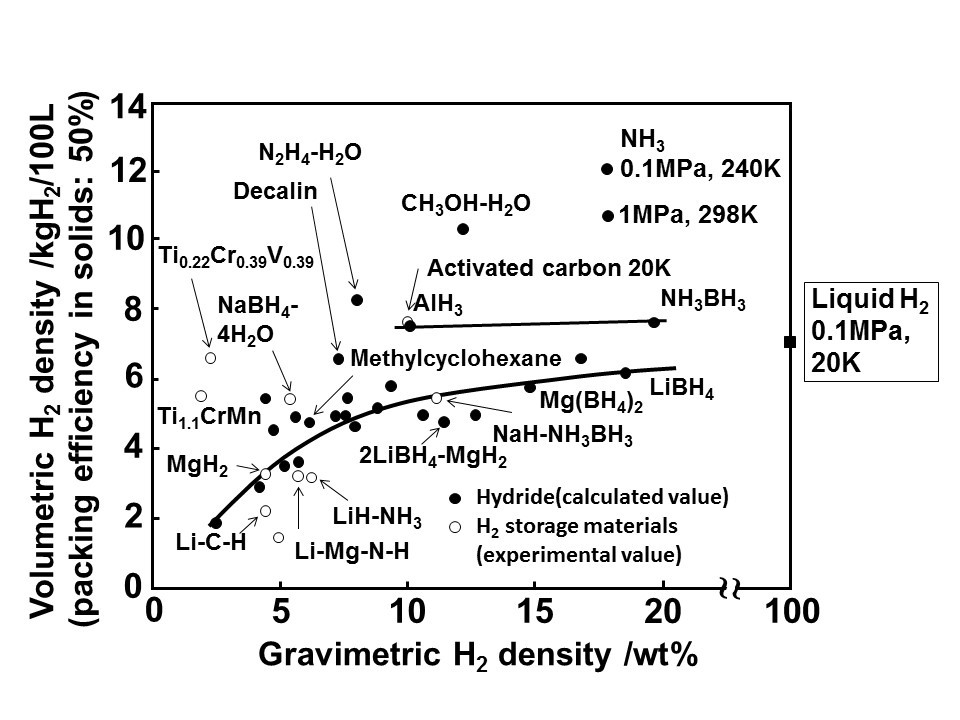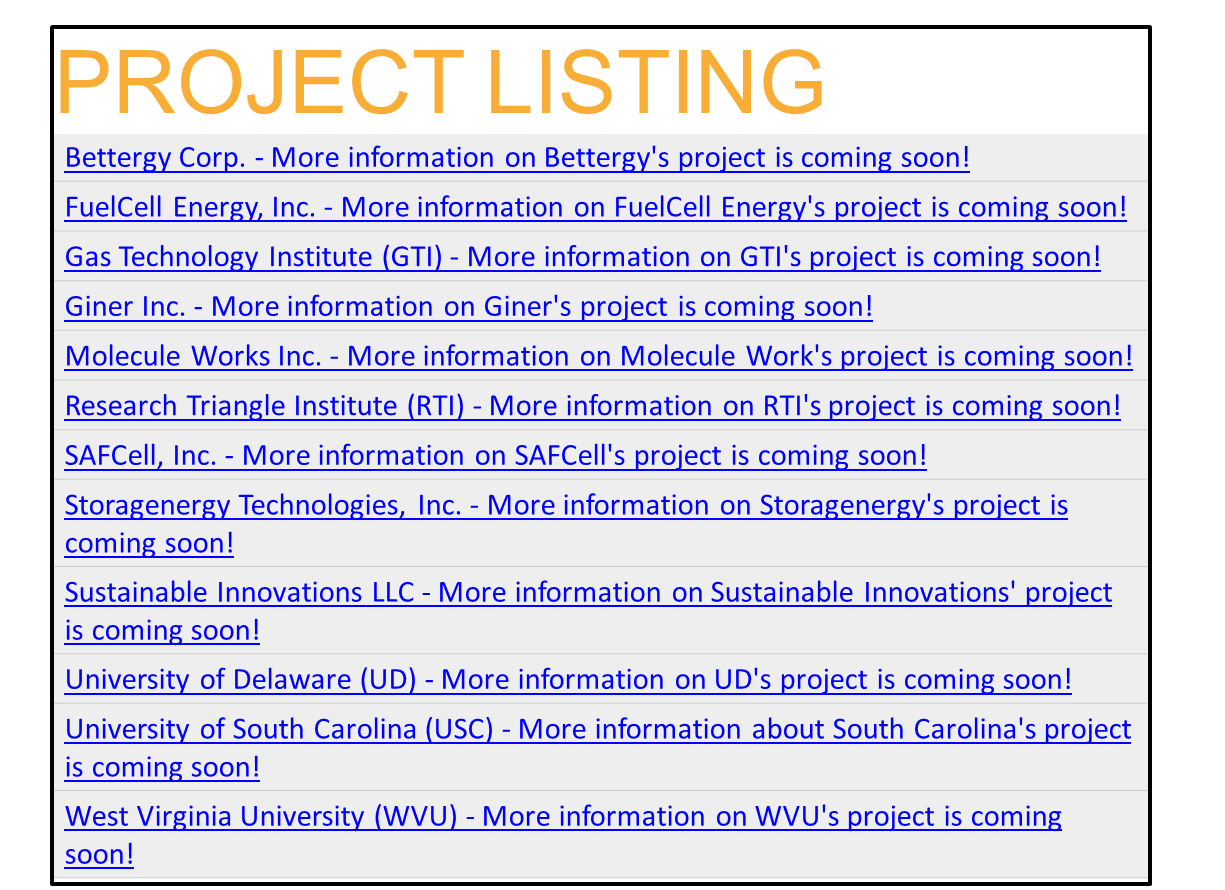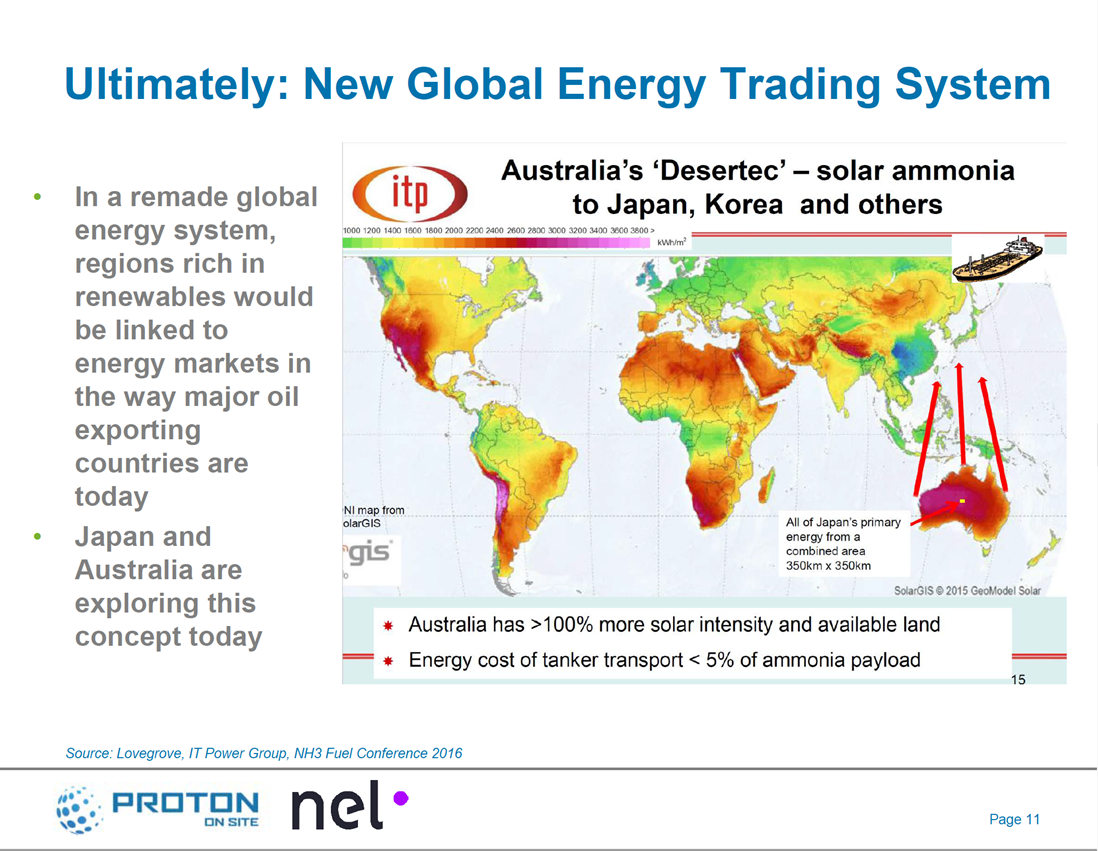NH3 Safety
The relative safety of NH3 (ammonia) is one of the most debated topics surrounding the adoption of NH3 fuel. Inaccurate and misleading information has been widely circulated on the topic. A thorough examination of the facts will show that the use of NH3 in energy applications will not only meet the most stringent safety standards currently in place worldwide, but that NH3 will be safer to use than many leading transportation fuels. Two highly credible risk assessments analyze the safety of NH3 vs gasoline and other fuels, and both of them conclude that NH3 would be as safe as, or safer than, gasoline, methanol, LPG (propane), CNG (compressed natural gas), or hydrogen.
